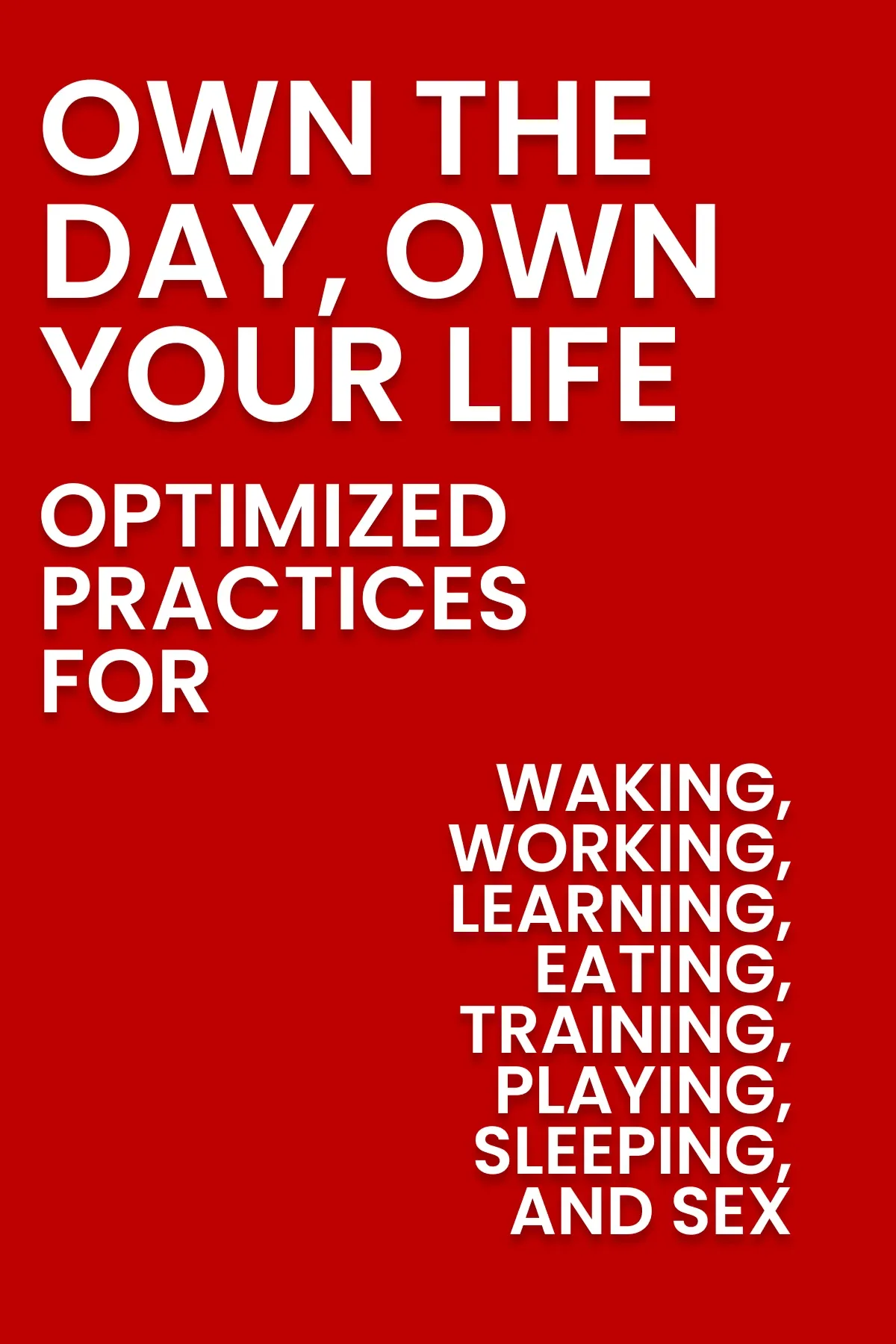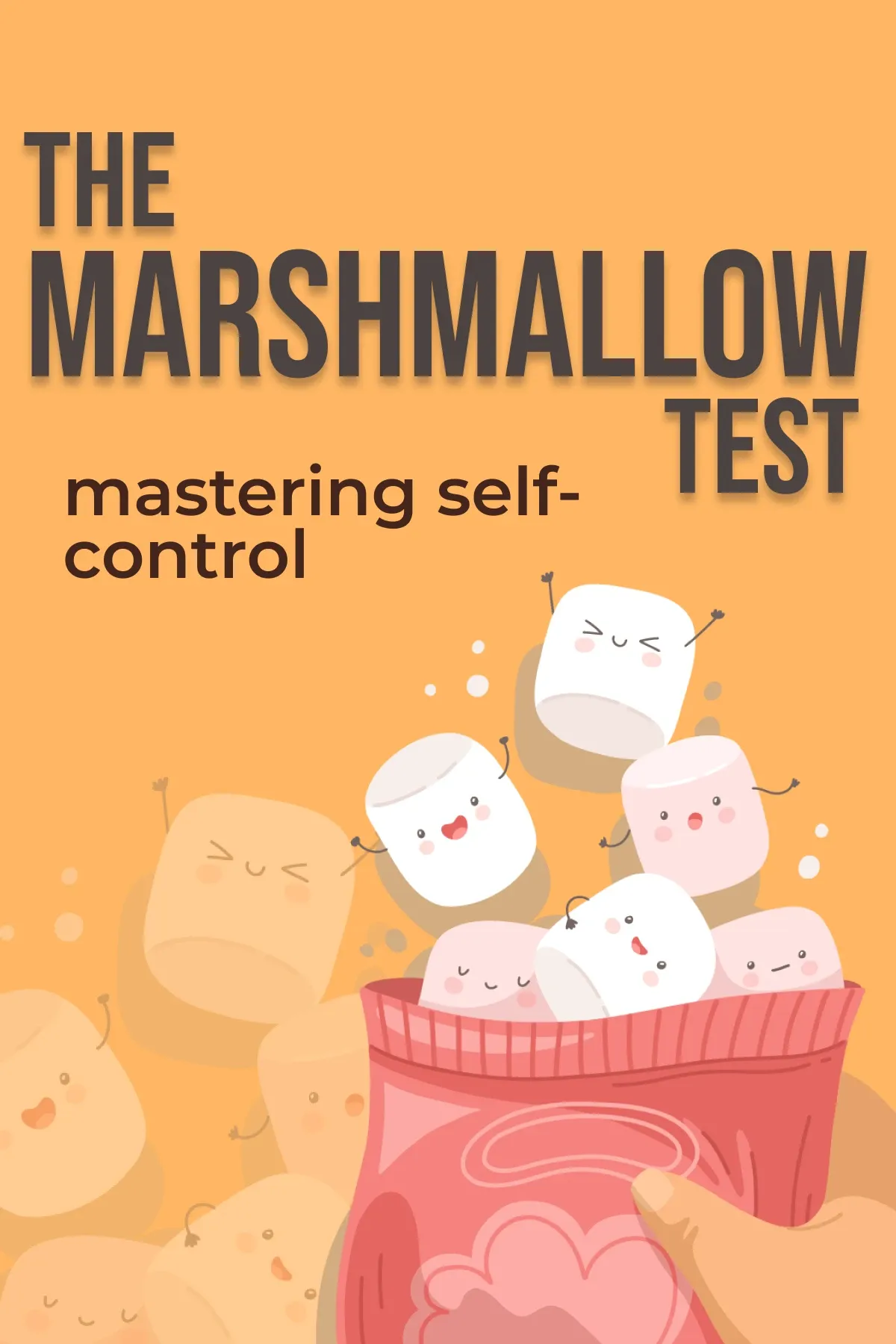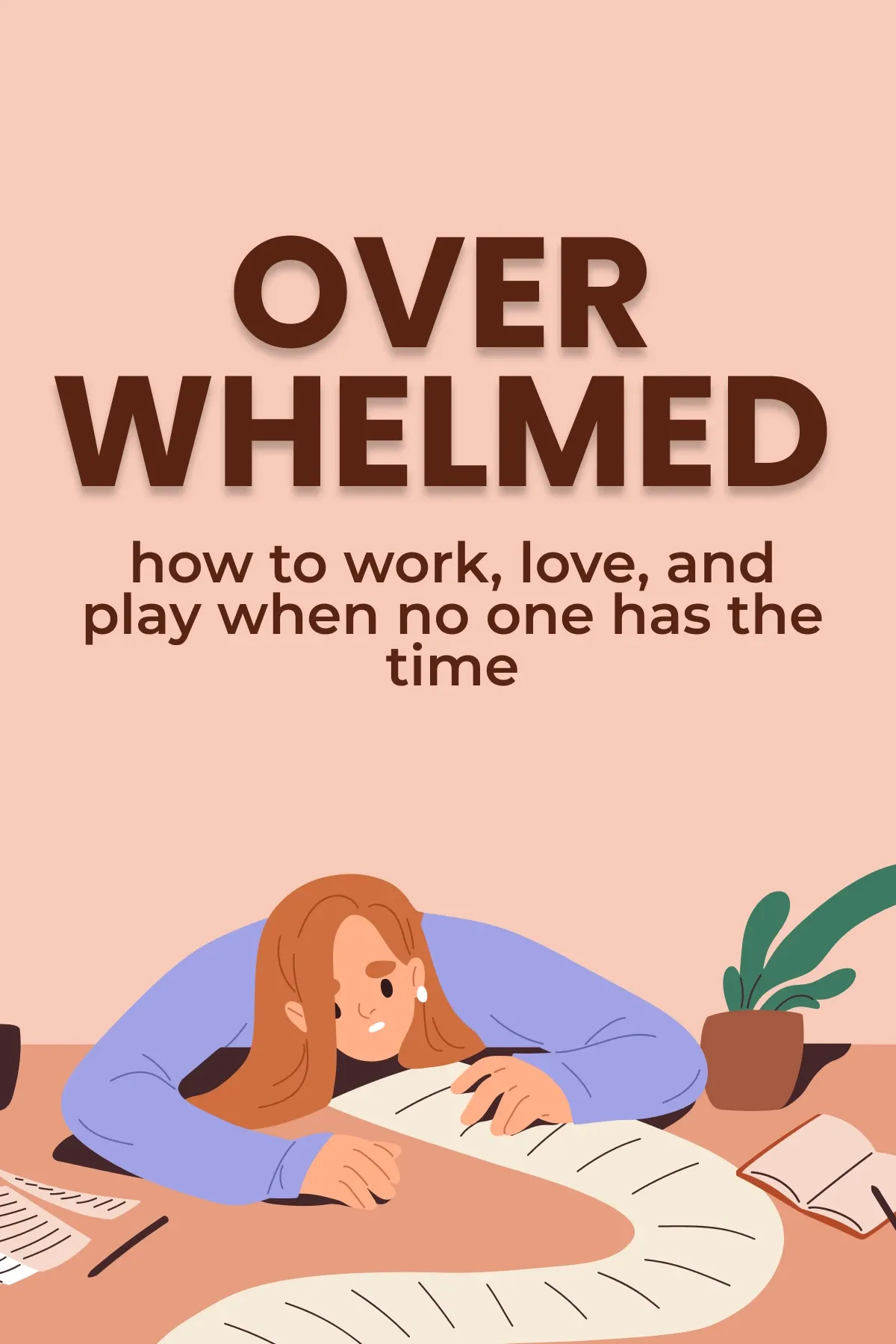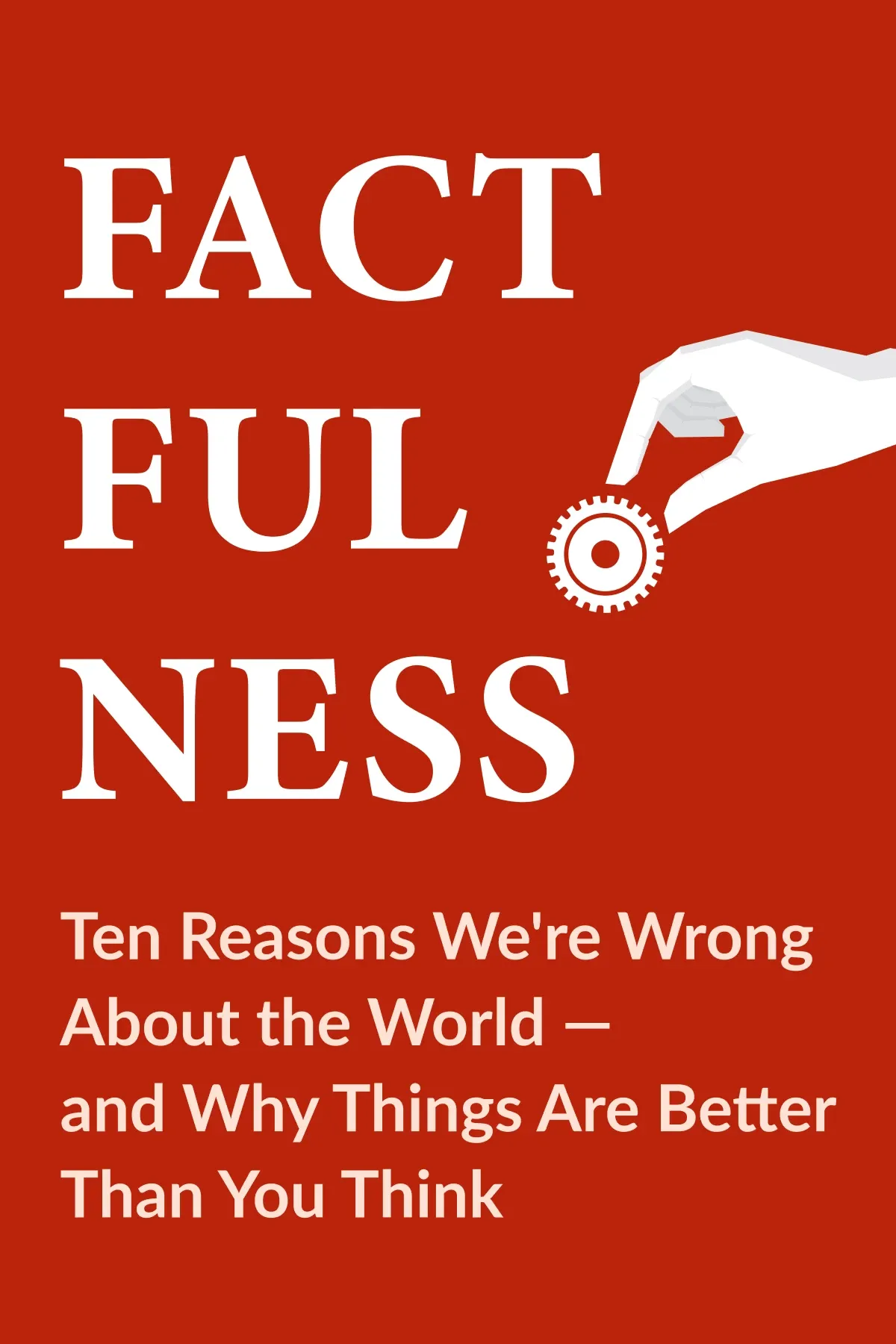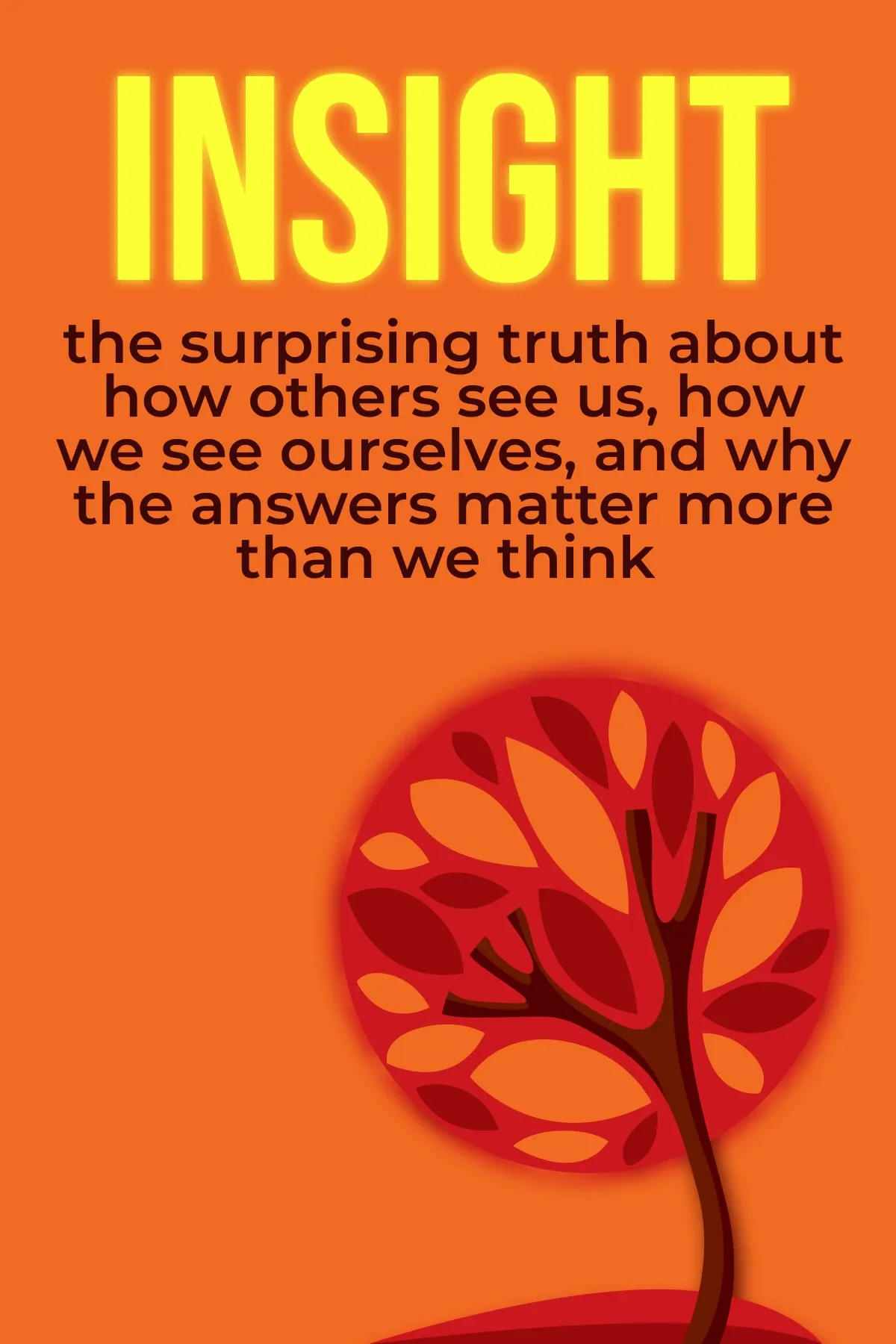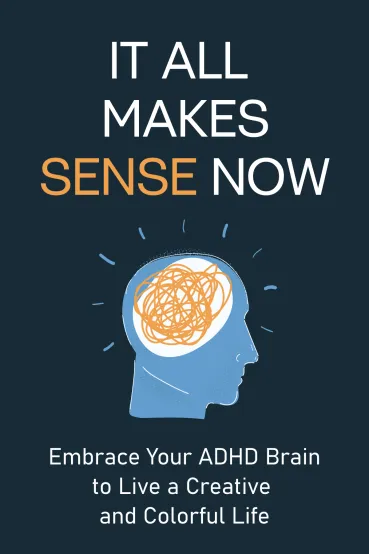
It All Makes Sense Now
Brief Summary
If you need insights from someone who knows what ADHD is like, read Meredith Carder's work. "It All Makes Sense Now" is full of helpful strategies and practical suggestions for ADHDers. Discover more about yourself or someone close to you.
Key points
Key idea 1 of 9
Today, there are many misconceptions and myths surrounding ADHD. Many still believe that people with ADHD are uncontrollable and unteachable. Teachers hope that the new student from another school doesn’t have ADHD, and parents spend hours struggling over homework, trying to help their child with ADHD get through assignments.
However, ADHD is not a sentence. It occurs more often than you might think. Many people around you have it, and you wouldn’t even suspect it. To better understand this condition, you should learn a few key facts about ADHD.
The first and most important one to remember is this: ADHD doesn’t mean you can’t focus; it means you have trouble regulating your attention. Simply put, your attention follows its own rules. You might get easily distracted from uninteresting topics, but at the same time, you could know the names of every dinosaur and spend hours reading books about them.
Meredith Carder, the author of this book, often got into car accidents before she knew she had ADHD. She didn’t understand why she kept making mistakes, missing details, and ending up in such situations. But over time, she realized that she struggled with maintaining consistent attention, which is crucial for safe driving.
Contrary to popular myths about ADHD, another essential fact is that people with ADHD often suffer from hyperfocus, a state of intense concentration. While being deeply absorbed in something might sound like a good thing, it can lead to a loss of time awareness, neglect of the surrounding world and physical needs, and emotional exhaustion.
There are several strategies recommended for people with ADHD to help improve productivity. If you struggle with scattered focus, try engaging in physical activity, which boosts dopamine and helps with concentration. Also, you could spend more time in quiet meditation or silent walks, since doing nothing can help your brain reset. If you’re able to work on tasks, experiment with your environment, or identify hours when you’re most productive.
If you want to manage your hyperfocus, try using alarms or timers. For example, if you’re obsessed with a new game or can’t stop reading a book, set multiple alarms to remind you to drink water, eat, or shift to other important activities.
FAQ
You may also like these summaries





